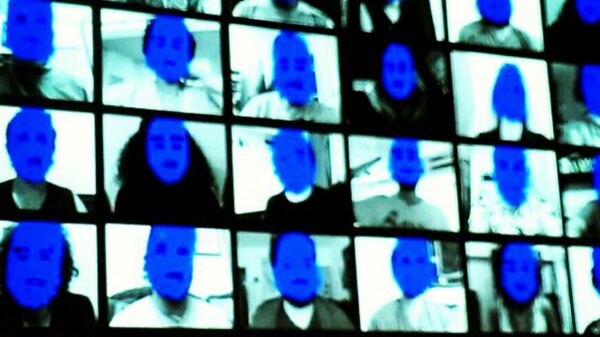Live facial recognition technology (LFR) will now start to be used in select areas of England, say the Metropolitan Police Service (MPS). Authorities will use LFR as any other "tool" to assist officers in trying to "locate and arrest wanted people", the MPS said when announcing its "operational use" as of 24 January 2020.
"I believe that we have a duty to use new technologies to keep people safe in London", said the Assistant Police Commissioner Nick Ephgrave who claimed that they are using a "tried-and-tested technology".
Ephgrave pointed out that there is general support among the public to use LFR which can assist in locating suspects, reduce violence and tracking down lost and vulnerable people. “Every day, our police officers are briefed about suspects they should look out for; LFR improves the effectiveness of this tactic", he said.
ICO: Live Facial Recognition Technology is Useful But Must Be Effectively Regulated
The Information Commissioner's Office (ICO) responded to Friday's announcement by noting that LFR is an "important new technology" with "potentially significant privacy implications for UK citizens". The ICO repeated its call for a legally binding code of practice for LFR use to be introduced by Government "as a matter or priority" to outline how the technology should and should not be used. The ICO made clear that in its opinion a trained officer must produce impact assessments, in advance of every planned use of LFR, which addresses the proportionality of its use, including by addressing civil liberties concerns. The watchdog said that the MPS is in fact incorporating its advice which it published in its October 2019 Opinion on the use of LFR in public spaces.
"Facial recognition remains a high priority for the ICO and the public. We have several ongoing investigations. We will be publishing more about its use by the private sector later this year", the ICO said.
In October 2019 the ICO reported that there is majority support among the public for use of LFR, but with a significant minority who had civil liberties concerns. Research by the London Policing Ethics Panel found that while 57% of those surveyed considered LFR by the MPS to be acceptable, a majority of Black (63%) and Asian (57%) people were opposed to its use. Those figures may be explained by the fact that Asian and Black communities in the UK have had a historically turbulent relationship with the police. A public inquiry led by retired Judge Sir William Macpherson found the MPS to be institutionally racist" in 1999, and rights groups have continued to document accusations of discrimination, harassment, and excessive use of force against minorities since his report was first published. Support for LFR is also lowest amongst young people in London, with 55% of 16-24 and 52% of 25-39-year-olds opposed to police use of LFR, according to the same research.
Civil Liberties Groups Call LFR an "Enormous Expansion of the "Surveillance State"
The Met's 24 January announcement was met with harsh criticism from civil liberties groups. Privacy International went so far as to characterise the police's roll-out of LFR as a "radical threat" to freedoms which "threatens to undermine democracy under the cloak of defending it".
London's @metpoliceuk to begin using Live Facial Recognition.
— Privacy International (@privacyint) January 24, 2020
This is a radical threat to our freedoms which threatens to undermine democracy under the cloak of defending it.https://t.co/z2gcuje3DO pic.twitter.com/VSJltVldjj
Big Brother Watch, meanwhile, argued that the decision to use LFR by the MPS represents "an enormous expansion of the surveillance state and a serious threat to civil liberties in the UK".
Silkie Carlo, Big Brother Watch's director, said that they will challenge this decision as part of its "ongoing legal claim" against the police and the Home Office. "It flies in the face of the independent review showing the Met’s use of facial recognition was likely unlawful, risked harming public rights and was 81% inaccurate", Carlo added.


